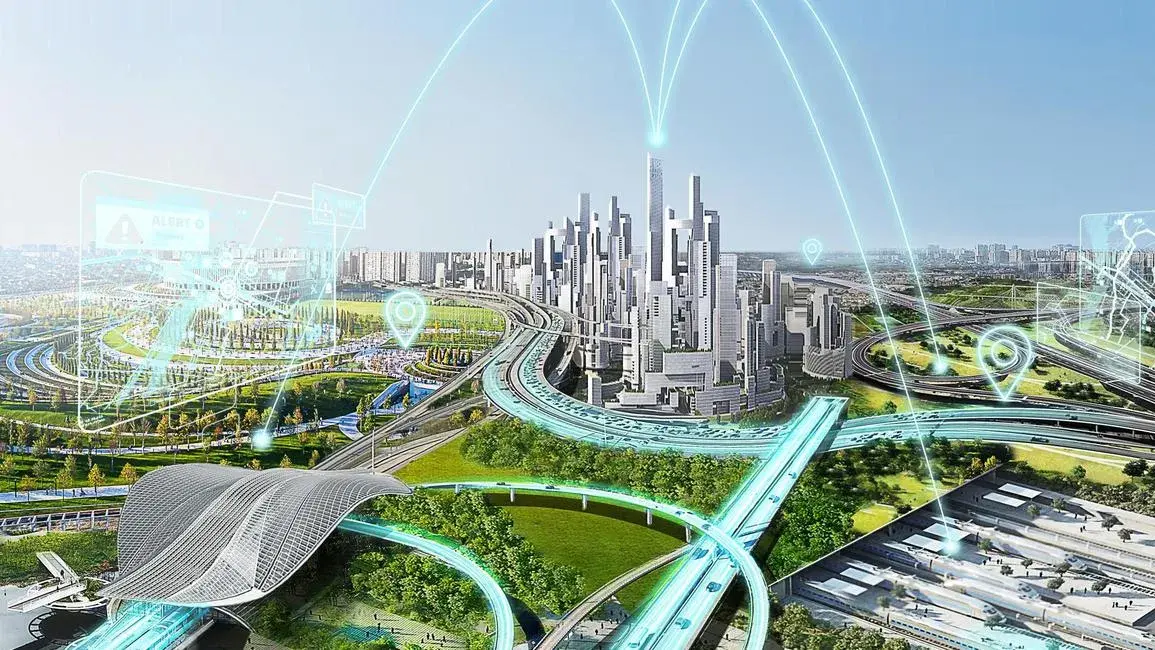The future of transportation 2060: New types of service – organisation and diffusion
The "Transport of the Future 2060" research package carries out a comprehensive analysis of the factors that could have an impact on mobility and on transport supply and demand in general by 2060. Together with Rapp Trans Ltd., INE is investigating technology-induced changes in today's forms of mobility and the resulting opportunities for new business models.

Initial situation and objectives
Technological developments such as digitisation, automation and electrification, but also changes in the demand for mobility, e.g. due to demography and the trend towards sharing, will lead to fundamental upheavals in the transport sector in the coming years and decades. Against this backdrop, the Transport of the Future research package (2060) was launched with the aim of drawing up possible spaces for the long-term development of mobility and transport in Switzerland. The research package consists of 7 subprojects in which environmental factors, technical development possibilities, organisational and regulatory issues are examined. In subproject 7, the impact of future trends and developments on the organisation of private and public transport will be investigated with the participation of INE. Of particular interest here is what incentives for new business models and organisational forms might result from the developments outlined above and which factors will ultimately influence the diffusion and disruption processes in the mobility market.
The aim of the project is to describe potential future business models and organisational forms in mobility on the basis of currently observable trends in mobility. Based on theoretical-conceptual foundations and verified by expert interviews, potential developments of mobility offers will be pointed out. An essential aspect is the future demarcation or fusion of public and private transport. Ultimately, the consequences which the identified developments could have on the actors of today's public transport should be pointed out and possible proposals for the regulatory adjustment in the public transport system should be made.
Project schedule
- An initial research study shows the forms of services and business models available today in passenger transport. These are structured according to five generic offer types. The business models to be found in each case are described using the Business Model Canvas. This provides an overview of today's offer forms and their most important business model components.
- A description of the overarching framework conditions (key technologies and social megatrends) shows in which largely uninfluenceable landscape the mobility market is embedded.
- Two theoretical approaches are used to record diffusion and disruption processes: The multi-level perspective on sociotechnical transition (Geels, 2012) and the theory of disruptive innovations (Christensen, 2015). The multi-level perspective is used to assess the diffusion potential of already known key technologies and trends. Expert interviews are used to assess the potential for disruption. The interviews also provide findings on the potential for disruption that are not derived from existing technologies and trends.
- The interim result of the previous work is the presentation of the expected developments of business model components, if the identified disruption and diffusion processes are taken as a basis. For this purpose, the framework conditions of the three scenarios of the research package are also included. It will be shown which developments are expected in the forms of supply and their business models.
- In a final step, the findings will be used to determine what effects the different developments may have on today's public transport mobility providers. Finally, indications are given as to which possible approaches exist in the areas of regulation, legislation and the organisation of public authorities in order to strengthen or mitigate these effects.
At a glance
Participating Institutes ZHAW:
Project partners:
- Rapp Trans Ltd.
Project Manager ZHAW:
Team:
- Thomas Trachsel
Project status:
- ongoing